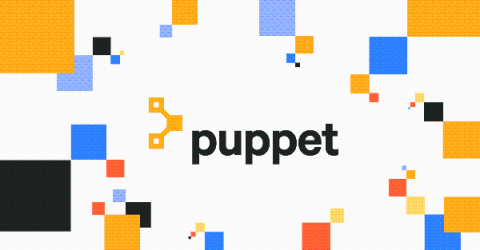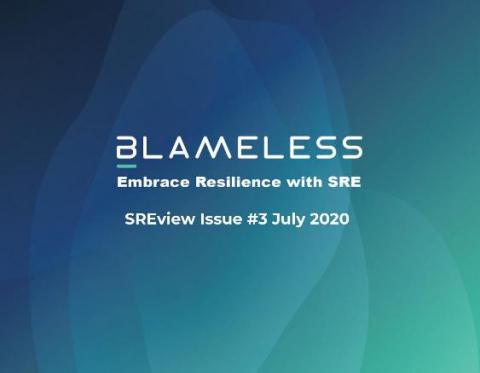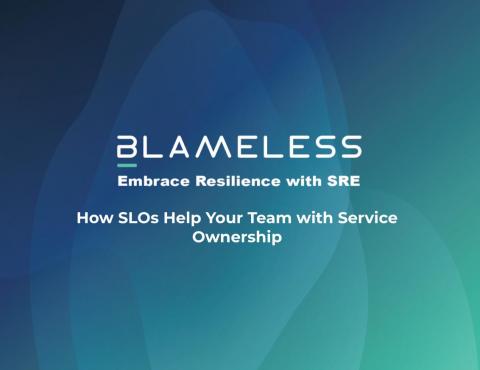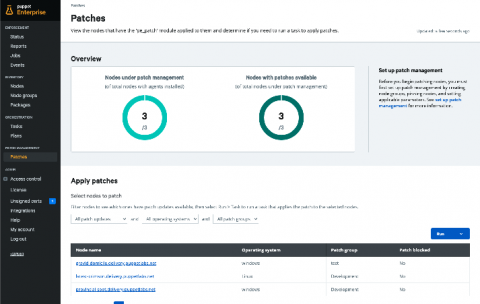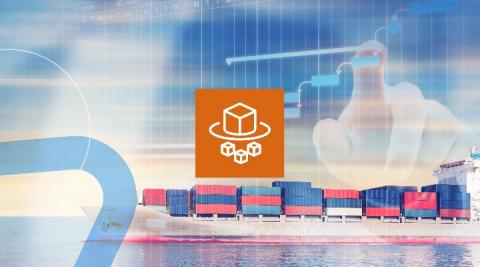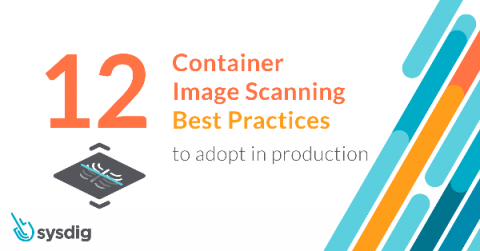This Month in Spring - July 2020
Hi, Spring fans! 2020, eh? It's easy to complain, and goodness knows I certainly do my fair share, but - as my dad always said, "any day on this side of the dirt is a good day," and I try to remember that. There's a lot to be enthusiastic about if you like. I always look. That's what this roundup is all about. It's a fount of the fun, fantastic, production-powered, and boundless beauty of all things Spring Boot.



